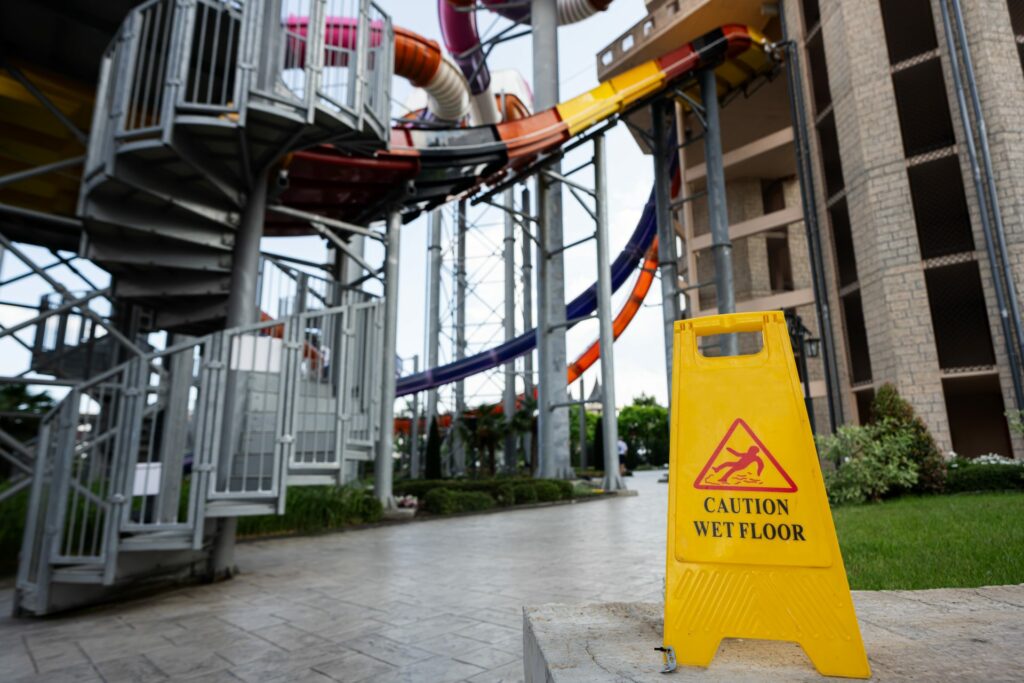Is Nursing Home Abuse a Widespread Issue in California?
Over 100,000 Californians live in the thousands of licensed nursing homes across the state, close to 150,000 live in the thousands of licensed residential care facilities for the elderly, and another 100,000 or more are believed to live in unlicensed assisted living facilities. The United States Census Bureau projects that California has the largest elderly population growth rate in the entire country.
In 2020 alone, the California Department of Justice states that there were over 14,000 reported cases of elder or dependent adult abuse.
Unfortunately, we have reason to believe that these statistics are actually lower than the actual problem, as many nursing home abuse and neglect cases go unreported in the state. Of the 14,000-some cases of elder abuse in 2020, data suggests that the vast majority of those cases involve financial abuse. Following financial abuse, physical abuse was the second most common type of elder abuse in the year 2020. Neglect, sexual abuse, emotional abuse, and abandonment follow.
According to a report from the National Center for Victims of Crime (NCVC), elderly residing in nursing homes and assisted living facilities are vulnerable to various forms of mistreatment, neglect, and abuse, not only from facility staff members but also from other residents.
One of the reasons why it can be difficult to properly account for how many nursing home abuse cases there are every year in California is that many elderly are unable or unwilling to report their experiences. This may be due to pride and shame, or it may be due to their mental or physical health conditions.
What Are Examples of Elder Abuse and Neglect?
Financial abuse, or financial exploitation, is the misuse or theft of a nursing home residence funds, assets, and property. Financial exploitation may include the theft of a credit card and the forging of an elderly person’s signature.
Physical abuse is intentional physical harm, such as hitting, pushing, physically restraining, slapping, or biting.
Sexual abuse is any unwanted sexual contact or behavior, including unwanted touching, groping, or coerced sexual activity. Sexual abuse may also include sexual violence and sexually suggestive photographs.
Emotional abuse is the verbal or nonverbal act that causes emotional distress or mental anguish. Emotional abuse can be accomplished via insulting, humiliating, shaming, or yelling at a facility resident.
Neglect is the failure to provide adequate care and attention to a resident’s needs. Examples of neglect include refusing food, water, medication, or hygiene.
Overmedication is another common form of elderly abuse, wherein staff members may overly medicate a resident in order to control their behavior.
Abandonment entails leaving a nursing home resident alone or unattended for an extended period of time.
Are Nursing Home Residents Afforded Any Legal Protections?
The Elder Abuse and Dependent Adult Civil Protection Act (EADACPA) safeguards elderly and dependent adults against nursing home abuse. Under the ACT, elder abuse can include not just physical abuse but also financial exploitation, emotional abuse, and neglect.
The act also provides abuse victims with civil remedies, including issuing restraining orders and recovering financial restitution. This legislation is geared towards ensuring the safety of some of society’s most vulnerable and holding at-fault parties accountable for their misconduct and wrongdoings.
How to Prove Elder Abuse or Neglect?
Under California law, elder abuse is considered a criminal defense. However, whether the offense is considered a misdemeanor crime or a felony depends upon the unique facts of the case.
In order to prosecute an at-fault party for felony charges of elder abuse, the following criteria must be met:
- The abuse was committed purposefully with the intention of causing harm.
- The abuser had knowledge that the victim was either elderly or a dependent adult.
- The abuser was a caretaker and willfully allowed harm to come to an individual under their care.
- The alleged abuser is a caretaker who created a dangerous environment that could lead to mental or physical harm.
Misdemeanors must also meet similar criteria. However, the charges would indicate that the abuse did not cause serious harm or death.
What Are the Penalties for Elder Abuse in CA?
The penalties for those who abuse the elderly in California will vary depending on several factors, including the age of the elderly victim. The older the victim, the harsher the punishments tend to be.
The abuser faces up to a year in county jail and fines of up to $6,000 for inflicting physical or mental pain of any kind. If the abuse resulted in significant bodily injuries, the perpetrator may face up to three years in state prison. If the alleged abuse results in death, the abuser may face up to five years in prison.
In cases of negligence, the accused may face misdemeanor charges, which come with fines of up to $2,000 and a jail sentence of up to one year.
In cases of financial exploitation, abusers face the potential of fines ranging between $1000 and $2,000, plus jail time.
What Kind of Justice and Compensation Can You Recover with a Lawsuit?
Financial recovery may take the form of economic and non-economic damages. The amount you stand to recover depends upon the unique facts of your case.
Economic damages may include:
- Past medical bills and future medical expenses.
- Burial and funeral costs.
- Property damage.
Non-economic damages may include:
- Emotional distress.
- Pain and suffering.
- Wrongful death.
In certain cases, it may also be possible to pursue punitive damages.
Contact Us to Schedule a Free Consultation with Experienced Personal Injury Lawyers
If you believe an elderly loved one has been abused, it is vital that you seek professional legal representation. Our law firm has years of experience representing a variety of personal injury cases, including elderly abuse cases, and we would be proud to represent your interests.
Contact us at 909-325-6185.












